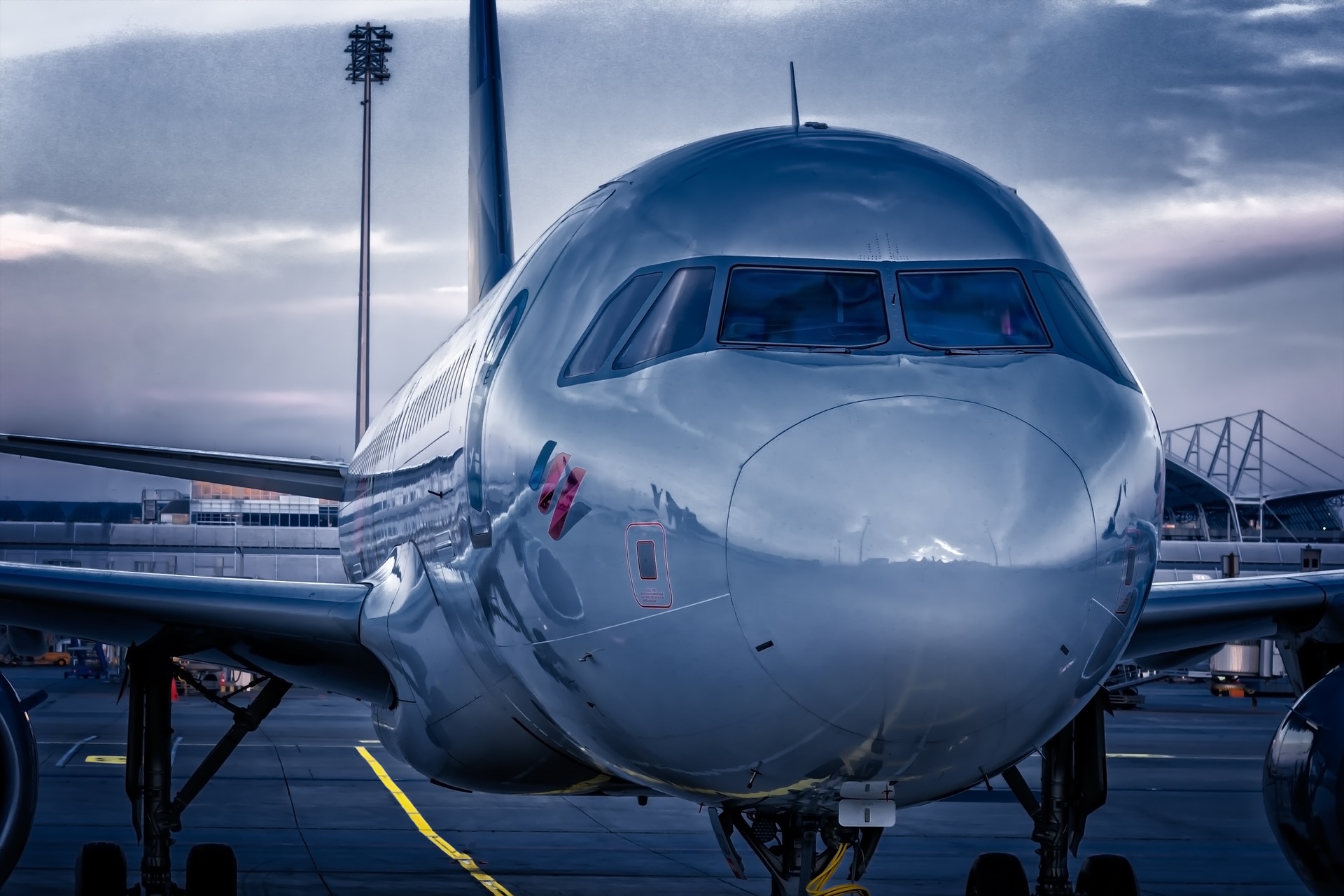From a global viewpoint, the aviation industry has been one of the most affected areas during the last five months due to the COVID 19 outbreak. This is due to the fact that its operations were reduced due to the closure of the borders of the different countries in order to avoid contagion; like most airlines, Virgin Atlantic had to reduce/stop its flights.
Virgin Atlantic is an airline that was founded 36 years ago by businessman Richard Branson. In the last few days, they have announced that they have reached a recapitalization agreement with shareholders and new investors, as well as the postponement of millionaire maturities in order to continue operating, unlike other airlines that have had to adhere to Bankruptcy Law as we saw in our previous article entitled What is the US Bankruptcy Law that Avianca and Latam have taken advantage of?
Private rescue plan for Virgin Atlantic
The private rescue plan announced by the airline has been valued at £1.2 billion, or EUR 1.32 billion. This is a very important income because it will allow them to avoid bankruptcy and to be able to resume operations by taking the necessary measures in terms of safety protocols.
This plan will help the airline to strengthen its cash reserves to be able to face the next months, they estimate that the recovery will be slow and the international air travel that was paralyzed by the COVID-19 will be resumed gradually as they can enter their usual destinations.
Strategy with a smaller fleet
Virgin Atlantic’s managers have announced that the new rescue plan marks the way forward for the time being. They consider that from this point on, five years from now, they will have an improvement and have set themselves the goal of making a cost cut of approximately 280 million pounds per year. The airline has cut salaries and has also benefited from the Job Retention Scheme where they have temporarily laid off a large number of employees.
They have stated that their activity in the second quarter fell very significantly by 98%, so they expect their capacity in the first half of the year to have fallen by 60% compared to the first half of 2019. Within its rescue plan, executives of Virgin Atlantic airlines believe that the levels of demand they had in 2019, where they transported approximately 5.4 million passengers will not return at least until 2023, which is why their plan has been drawn up for five years at most.
Another point they have considered within the announced is that they will seek to defend their positions within the airports of London, Heathrow and Manchester. In addition, within their forecasts, they have considered withdrawing seven units of the B747 and four of the A332, which will now bring their fleet down to 37 aircraft.
What do you think about this? What do you think about the rescue plan for Virgin Atlantic Airlines?
If you have any doubt or question you can contact us or write your query in the comments section below.
Image of Tama66 via Pixabay.com under creative commons license
